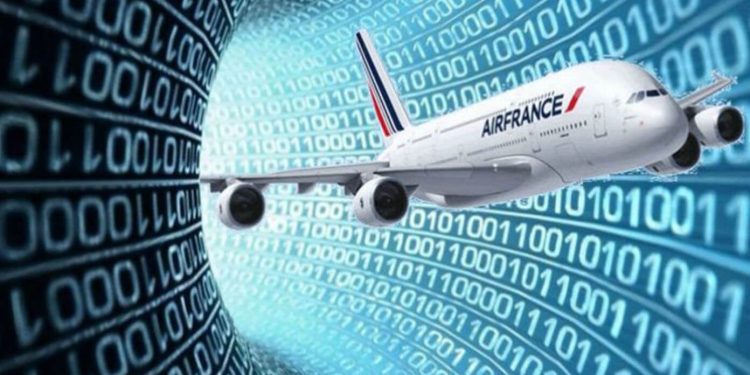The aerospace industry in the USA is one of the fastest-growing industries and employs a significant population. Around 509,000 workers are employed in scientific and skilled technical jobs in the sector. These professionals include scientists, technicians, and aerospace engineers, among others. The major reason companies are looking to explore opportunities beyond the skies is that in near future the one who rules this arena could claim to be the leader in the industry.
Many companies such as SpaceX, Northrop Grumman, General Dynamics Corporation, aim to capture larger market share to race ahead of others. In recent news Jeff Bezos, founder of Amazon, became the second billionaire to ride his own spacecraft on July 20th, 2021, thus proving the importance that the aerospace industry has and would further have in the coming years.
Some of the top opportunities in the aerospace market would be in the narrow-body segment that will gain $106.3 billion of annual sales worldwide by 2023. In the satellites market segment, it would be $3.6 billion of annual sales worldwide by 2023. The aerospace industry also includes the airline industry that is currently badly hit by pandemics. But bad times don’t stay long. It is gradually moving back to normal.
Also read: Global Airline Industry in the Post-Pandemic World: Top Trends and Technologies
With all this action going in the market, big data is moving forward to bring about unconventional and electric change to the aerospace industry.
What is big data’s role in the aerospace industry?
Big data has always caught the attention of businesses worldwide. These data include the complex information waiting to get interpreted and used in organizations’ processes. It’s a fact, almost all companies across the world have amassed a good percentage of unstructured and structured data but the way, it uses proves to be a game-changer.
And when this big data makes the splash in the aerospace industry, we see amazing breakthroughs. The professionals could analyze these data and predict any modification in the products such as maintenance, improvement and further optimizing the process. The timely fixing could save many lives as this industry involves many manned missions and any small errors could wreak havoc to the entire mission.
Big data exploring opportunities beyond the skies
Companies are in the space race where an increasing number want to explore the unknown space world and make their unusual mark. SpaceX now has a NASA launch contract. It is for the unique mission to the outer planet Jupiter’s moon, known as Europa. Now how would the company enable the entire process? It would collect precise information- the big data that would help connect the dots for this entire mission. Also, the other industry 4.0 technologies, including the digital ones, would accelerate the usage of big data in this industry. These novel technologies are the enhanced version of the previous ones that could improve the process efficiency leading to better results.
The crucial question is how do professionals plan expeditions?
They need data along the process to study and come to the exact conclusion. Just as it is said, these missions focus on exact calculation leaving no scope of error. They deduce all the possibilities that this expedition might have to face and accordingly prepare for that. Therefore, it can be said a wholesome and strategic approach by the aerospace industry.
Big data and the sensors in aerospace mission
A good number of sensors are integrated into the part of these aerospace systems. They are enabled to collect enough information also termed big data. It helps understand the real-time scenario, and further companies could optimize their design to meet the unpredictable circumstances in the outer world.
Every industry does trial and error before going for the actual process, but here big data removes the need to develop a prototype, thus significantly saving costs.
Conclusion:
The combination of the aerospace industry and big data would generate good results for the industry as a whole. With complex processes and products to build high-end aircraft, rockets and others, big data could collect accurate information required to improvise the process further.
And later space specialized companies would bring around massive transformation- a new chapter for mankind.








